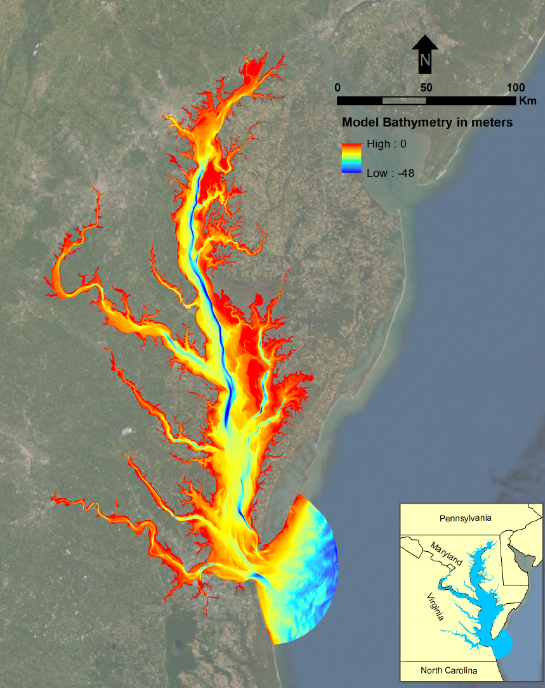
Environmental Fluid Dynamics Code Plus (EFDC+) is a powerful modeling tool widely used for hydrodynamic simulations. However, large and complex models can take significant computational time, sometimes making simulations impractical. To address this, EFDC+ now employs parallel processing capabilities using MPI (Message Passing Interface) combined with OpenMP (Open Multi-Processing), significantly accelerating model simulations. In this tutorial, we discuss how to harness the full potential of parallel processing and showcase its dramatic performance improvements through benchmarks.
Parallel processing distributes computational workloads across multiple processors or cores, significantly reducing simulation run times. EFDC+ leverages two primary methods:
EFDC+ combines these two approaches into a hybrid MPI/OpenMP system, effectively harnessing both methods' strengths.

EFDC+ utilizes a domain decomposition approach, dividing the simulation domain into multiple smaller subdomains. Each subdomain is processed in parallel, with MPI handling the communication between these subdomains. This approach ensures that computations remain efficient by balancing the workload evenly among processors, minimizing communication overhead, and thus maximizing computational speed.
To demonstrate the performance improvements offered by parallel processing, EFDC+ conducted benchmarks using a detailed hydrodynamic model of Chesapeake Bay:
These benchmarks clearly illustrate the dramatic performance gains possible with EFDC+’s parallel processing capabilities.
To fully benefit from parallel processing, EFDC+ users should consider the following guidelines:
We highly recommend our 2021 webinar about the MPI + OpenMP features of EFDC+ and how to make the most effective use of them:
We also provide a more detailed discussion of the MPI domain decomposition feature and the Chesapeake Bay example in our EFDC+ MPI White Paper available here:
EFDC+'s MPI and OpenMP hybrid parallelization approach offers transformative performance improvements, enabling faster, more practical modeling of large and complex environmental systems. By effectively employing domain decomposition and parallel processing, EFDC+ empowers users to tackle significantly more ambitious simulations with greatly reduced computational times.
Explore EFDC+ today and experience the benefits of accelerated environmental fluid dynamics simulations through advanced parallel processing.